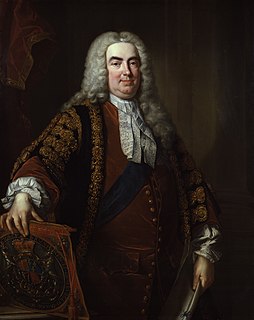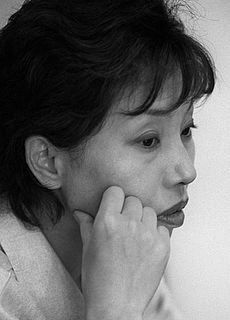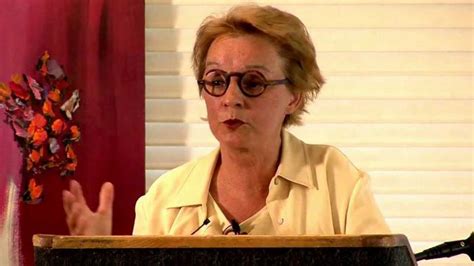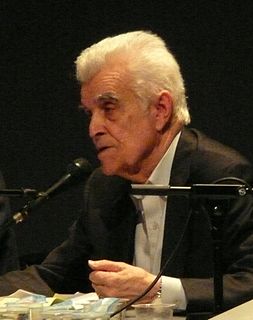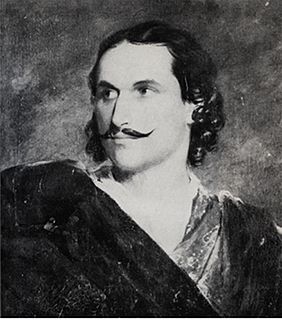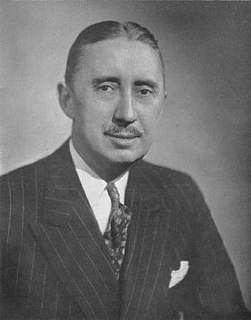A Quote by Blaise Pascal
Our natures lie in motion, without which we die.
Related Quotes
You cannot have a thing "matter" by itself which shall have no motion in it, nor yet a thing "motion" by itself which shall exist apart from matter; you must have both or neither. You can have matter moving much, or little, and in all conceivable ways; but you cannot have matter without any motion more than you can have motion without any matter that is moving.
A myth is a fantasy, a preferred lie, a foundational story, a hypnotic trance, an identity game, a virtual reality, one that can be either inspirational or despairing. It is a story in which I cast myself; it is my inner cinema, the motion picture of my inner reality - one that moves all the time. No diagnosis can fix the myth, no cure can settle it, because our inner life is precisely what, in us, will not lie still.
In astrophysics, we care about how matter, motion and energy manifest in objects and phenomenon in the universe. Stars are born. They live out their lives. They die. Some of the ones that die explode. Our sun will not be one of those, but it will die. And it'll take Earth with us. So we make sure we have other destinations in mind when that happens. And I've got it on my calendar.
In general it may be said that the things which we take for granted without inquiry or reflection are just the things which determine our conscious thinking and decide our conclusions. And these habitudes which lie below the level of reflection are just those which have been formed in the constant give and take of relationship with others.
The wise thing is for us diligently to train ourselves to lie thoughtfully, judiciously; to lie with a good object, and not an evil one; to lie for others' advantage, and not our own; to lie healingly, charitably, humanely, not cruelly, hurtfully, maliciously; to lie gracefully and graciously, not awkwardly and clumsily; to lie firmly, frankly, squarely, with head erect, not haltingly, tortuously, with pusillanimous mien, as being ashamed of our high calling.
We start off with high hopes, then we bottle it. We realise that we’re all going to die, without really finding out the big answers. We develop all those long-winded ideas which just interpret the reality of our lives in different ways, without really extending our body of worthwhile knowledge, about the big things, the real things. Basically, we live a short disappointing life; and then we die. We fill up our lives with shite, things like careers and relationships to delude ourselves that it isn’t all totally pointless.



